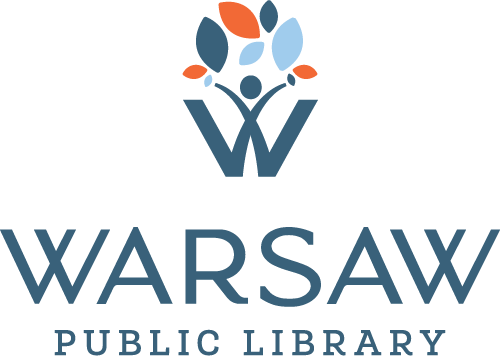WARSAW PUBLIC LIBRARY
PERSONNEL/EMPLOYEE HANDBOOK
ADOPTED by the Warsaw Public Library Board of Trustees 9/6/2022
REVIEWED/UPDATED/APPROVED 2/14/2023, 2/13/2024, 12/10/2024, 1/14/2025,2/10/2026
You are required to sign a Personnel Policy Acknowledgment Form and submit it to the Library Director no later than three (3) days after receipt of this booklet.
